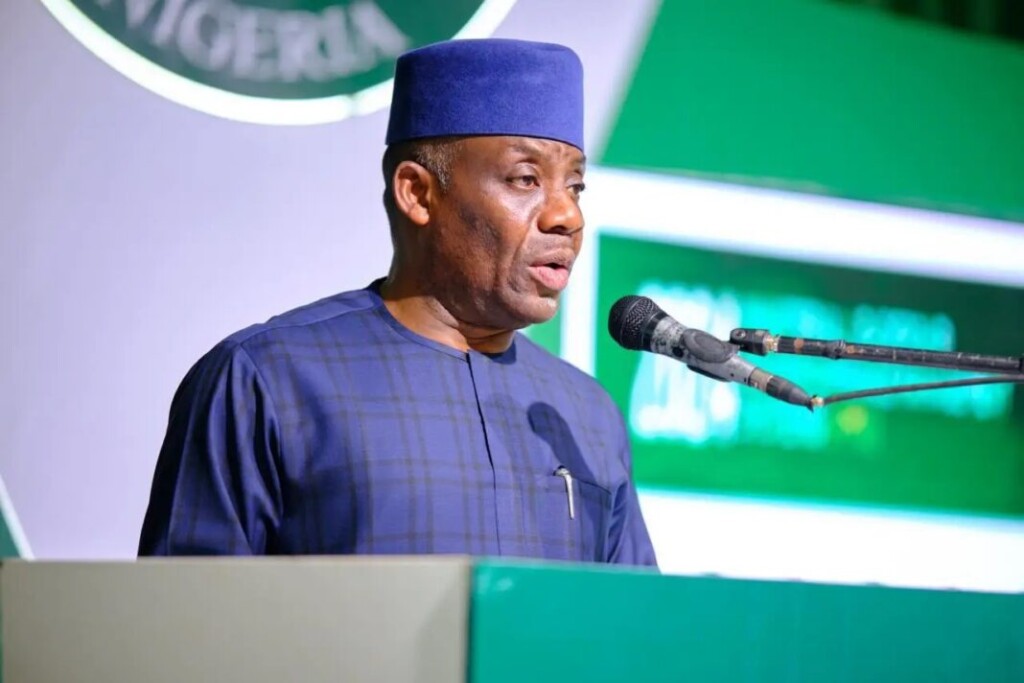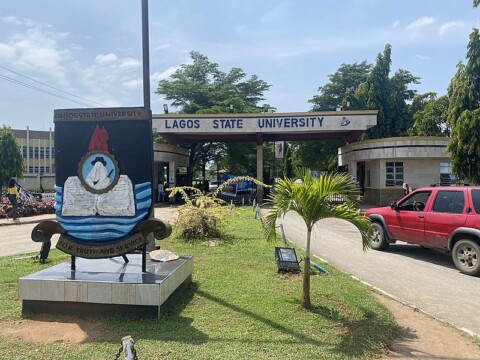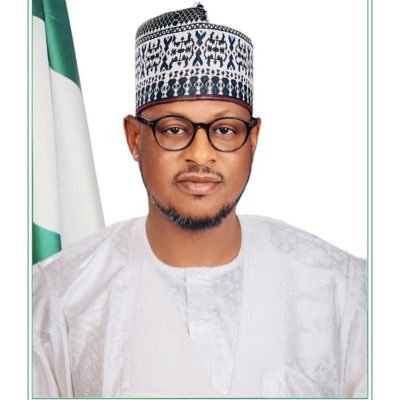In a bold move to strengthen Nigeria’s healthcare workforce and expand access to quality medical education, the Federal Government has allocated N100 billion for the upgrade and rehabilitation of 18 medical schools across the country.
The Minister of Education, Dr. Tunji Alausa, made the announcement on Tuesday in Abuja while inaugurating a 12-member Monitoring Committee for the High Impact Intervention Project for Medical School Rehabilitation across Nigeria’s six geo-political zones.
Dr. Alausa revealed that Nigeria currently faces a deficit of over 300,000 doctors, describing the situation as alarming. He said the initiative, spearheaded by the Tertiary Education Trust Fund (TETFund), is part of a larger plan to inject over N1.5 trillion into the medical education sector over the next five years, with N100 billion to be disbursed annually.
“This is a deliberate and strategic response to the urgent need to modernise our medical training institutions,” Alausa stated. “The intervention will help increase enrolment in medicine, dentistry, pharmacy, and nursing, thereby addressing the nation’s acute shortage of healthcare professionals.”
Of the N100 billion allocated for 2024, N70 billion will go towards rehabilitating existing facilities, while N15 billion will be used to construct new student hostels. In addition, 76 medical institutions will receive advanced medical simulation environments to enhance practical training.
Alausa stressed the importance of modernising outdated training structures, saying, “We can’t continue using 50-year-old methods in a rapidly changing world. We must equip our future doctors and nurses with the tools necessary to succeed.”
The Monitoring Committee is tasked with conducting needs assessments, overseeing project execution, ensuring accountability, and recommending sanctions in cases of non-compliance. The minister called on committee members to uphold the highest standards of professionalism, transparency, and efficiency.
“This is not just about building physical structures. It’s about building a future, restoring trust in the system, and preparing a new generation of skilled healthcare workers,” he added.
Minister of State for Education, Prof. Suwaiba Said Ahmed, described the project as a milestone for Nigeria’s education and health sectors. “We are here today because we recognise that a strong healthcare system is rooted in strong education. This initiative is a cornerstone for future development.”
Also speaking at the event, Executive Secretary of TETFund, Arc. Sonny Echono, said the intervention is timely and vital, as the country continues to battle with inadequate medical personnel and poorly equipped facilities. He affirmed the Fund’s commitment to improving medical school infrastructure to enable institutions to admit and train more healthcare professionals.
“The shortage of qualified medical staff and substandard learning environments have plagued the health sector for too long. This investment is a critical step in reversing that trend,” Echono said.
The High Impact Intervention Project is part of the Nigeria Educational Sector Renewal Initiative, aligned with President Tinubu’s agenda to reposition the nation’s educational system and healthcare delivery.





